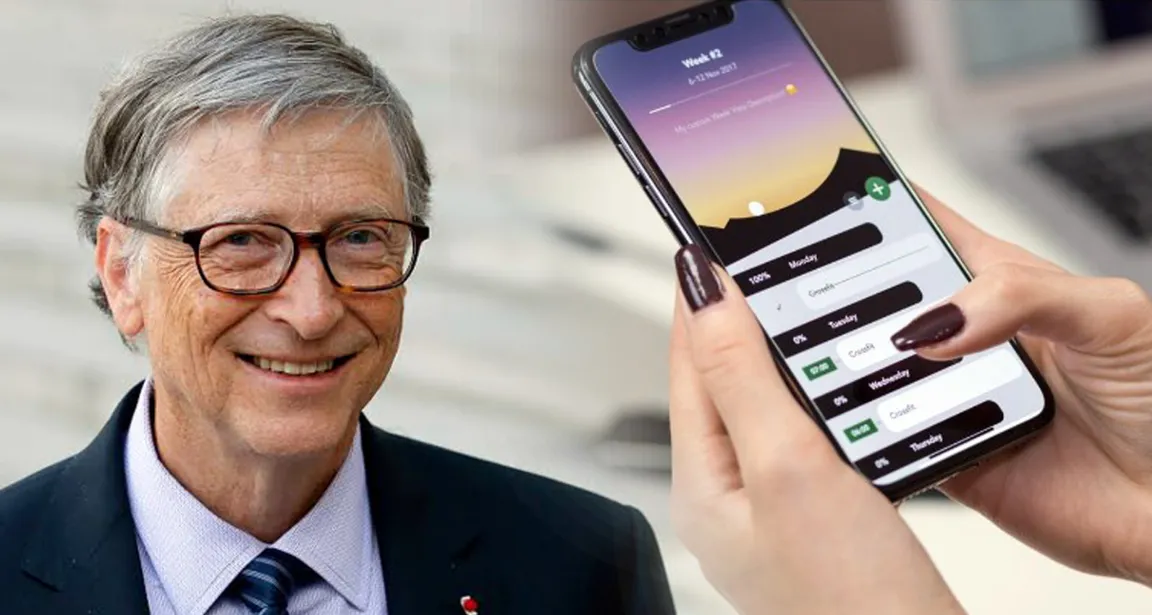In the age of the Internet and mobile phones, it is undeniable that these devices have become an indispensable part of our lives. However, recent statements by prominent figures like Bill Gates, Microsoft founder, and Pekka Lundmark, CEO of Nokia, have sparked discussions about the potential extinction of smartphones. This article explores the concept of electronic tattoos and advanced technology like smart glasses that may replace smartphones in the future.

With the rapid advancement of technology, smartphones have continuously evolved to offer an array of features. Mobile companies strive to attract customers by introducing new functionalities with each generation. Nonetheless, the notion of smartphones completely vanishing from the market seems incredible, yet these statements by industry leaders have raised eyebrows.
Bill Gates has proposed an intriguing idea that electronic tattoos could replace smartphones in the future. These tattoos, developed by a company called CHAOTIC MOON, utilize bio-technology to gather information about the human body. Initially used in sports and medical fields, CHAOTIC MOON is conducting experiments to explore the potential of these tattoos as a substitute for smartphones. While this concept may appear far-fetched, technological advancements have often defied expectations.
Pekka Lundmark, CEO of Nokia, has also weighed in on the future of smartphones. He envisions a scenario where 6G technology, expected to emerge by 2030, eliminates the traditional interface of smartphones. Instead, devices like smart glasses or other innovative products directly connected to the human body would take center stage. Such a transformation could reshape our lives profoundly, once again redefining our relationship with technology.
The possibility of electronic tattoos and advanced wearable devices replacing smartphones presents both opportunities and challenges. The integration of technology with our bodies could offer seamless connectivity and enhanced accessibility. However, concerns regarding privacy, security, and ethical implications may also arise. Experts suggest that this paradigm shift could revolutionize various industries, including healthcare, communication, and entertainment.
While the notion of smartphones becoming extinct may seem implausible at first glance, the statements by Bill Gates and Nokia’s CEO have initiated intriguing discussions about the future of mobile technology. The concept of electronic tattoos and advanced wearable devices potentially replacing smartphones challenges our preconceived notions. As technology continues to evolve at an accelerated pace, we must remain open to the possibilities and embrace the potential for groundbreaking advancements that may reshape our digital landscape once again.
Leave a Reply